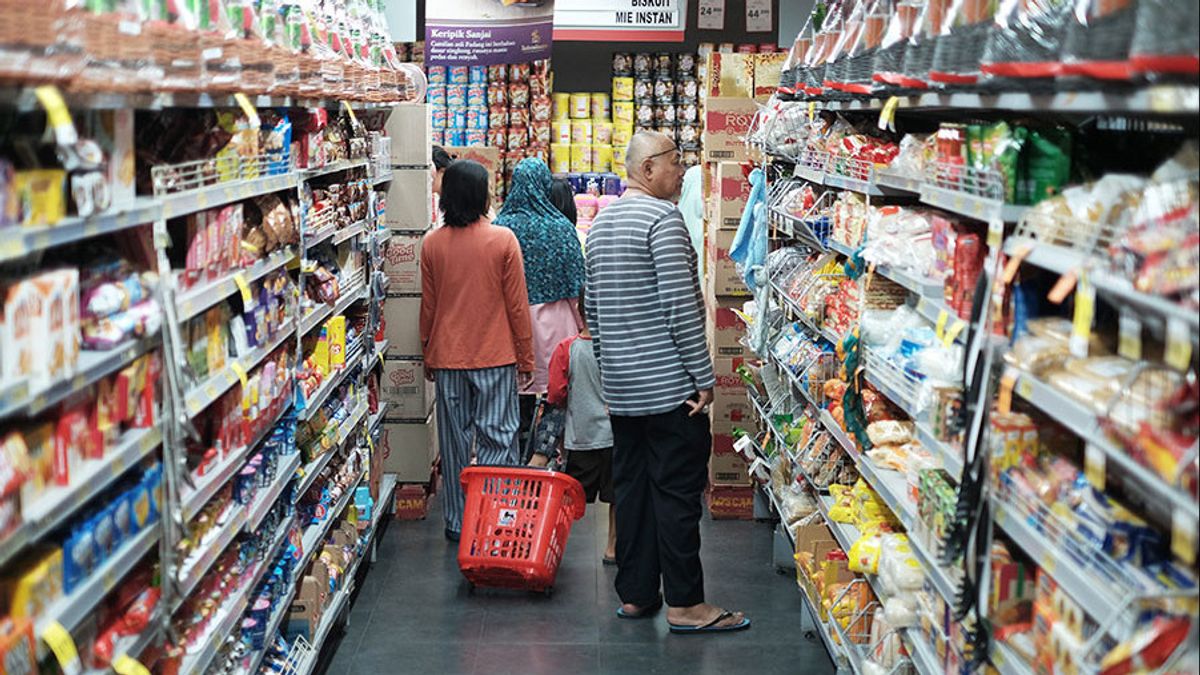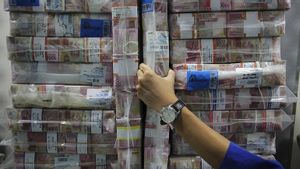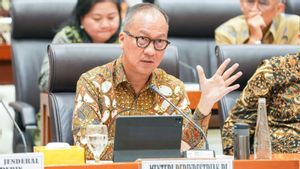JAKARTA - The Ministry of Finance (Kemenkeu) through the Directorate General of Taxes (DGT) explained that the planned Value Added Tax (VAT) for staples or basic commodities will not target commodities sold in traditional markets.
“For example, basic necessities sold in traditional markets are not subject to VAT. It will be different when these basic necessities are premium. The basic necessities that are worn are premium basic necessities”, said the Director of Counseling, Services and Public Relations of Directorate General of Taxation (DJP) Neilmaldrin Noor in a virtual discussion on Monday, June 14.
According to him, it is necessary to reform the VAT regulation because the current system is deemed inadequate to fulfill a sense of justice because it is distorted, too many exceptions, and ineffective facilities, making it difficult to improve tax compliance and optimize state revenues.
In addition, Neilmaldrin believes that the concept of changing various VAT facilities, both in the form of VAT exemptions or in the form of treatment as Non-BKP (non-Taxable Goods) or Non-JKP (non-Taxable Services) is carried out to reduce distortion.
“The application of multi-tariffs can provide space to impose a lower VAT rate than the general rate. For example, basic goods, educational services, and health services, as well as VAT rates are higher than the general rate for luxury goods", he said.
SEE ALSO:
Furthermore, Neilmaldrin revealed that educational services that will be subject to VAT are commercial in nature within certain limits. Meanwhile, educational services that carry out social, humanitarian missions and are enjoyed by the general public, such as public elementary schools, will not be subject to VAT.
"This policy is expected to be able to create justice for the whole community and we will also focus on the lower middle class, who may now feel more about the situation and conditions due to the COVID-19 pandemic", he explained.
Neilmaldrin claimed that the state budget (APBN) had a central role in helping disadvantaged groups, MSMEs, and helping the business world to rise and recover from the pandemic.
"The reform of the tax system by the government is expected to be able to build independence, fiscal sustainability, and equitable distribution of welfare for all Indonesian people after the economic recovery due to the COVID-19 pandemic", he concluded.
The English, Chinese, Japanese, Arabic, and French versions are automatically generated by the AI. So there may still be inaccuracies in translating, please always see Indonesian as our main language. (system supported by DigitalSiber.id)
















